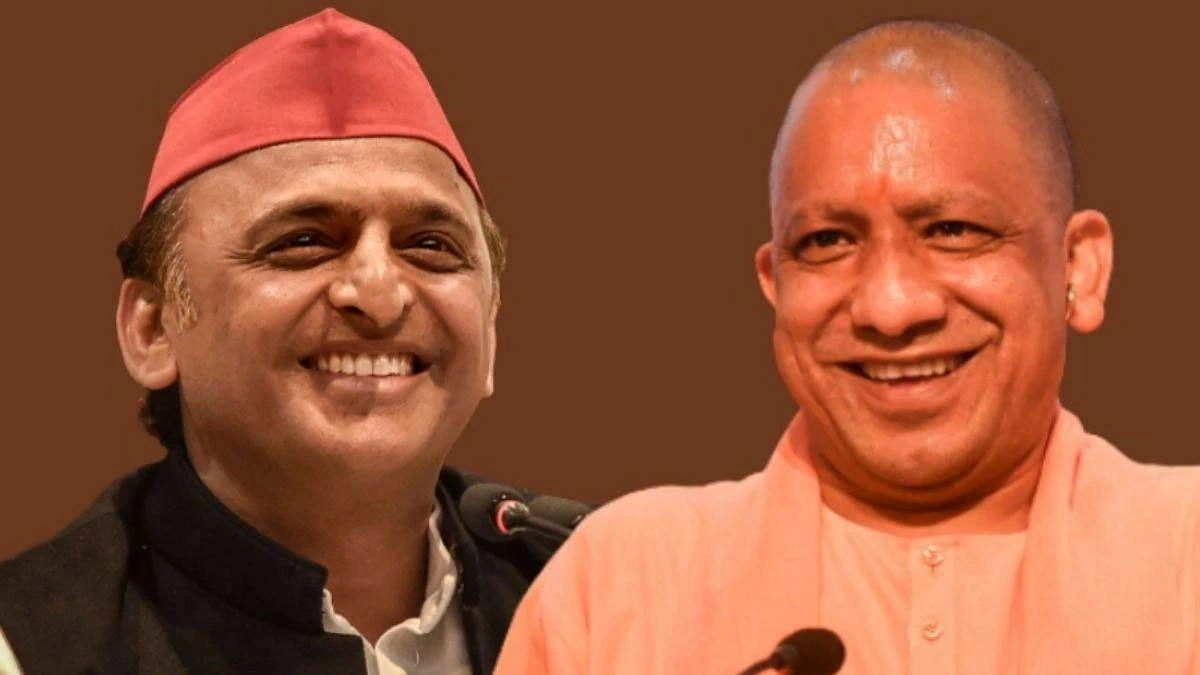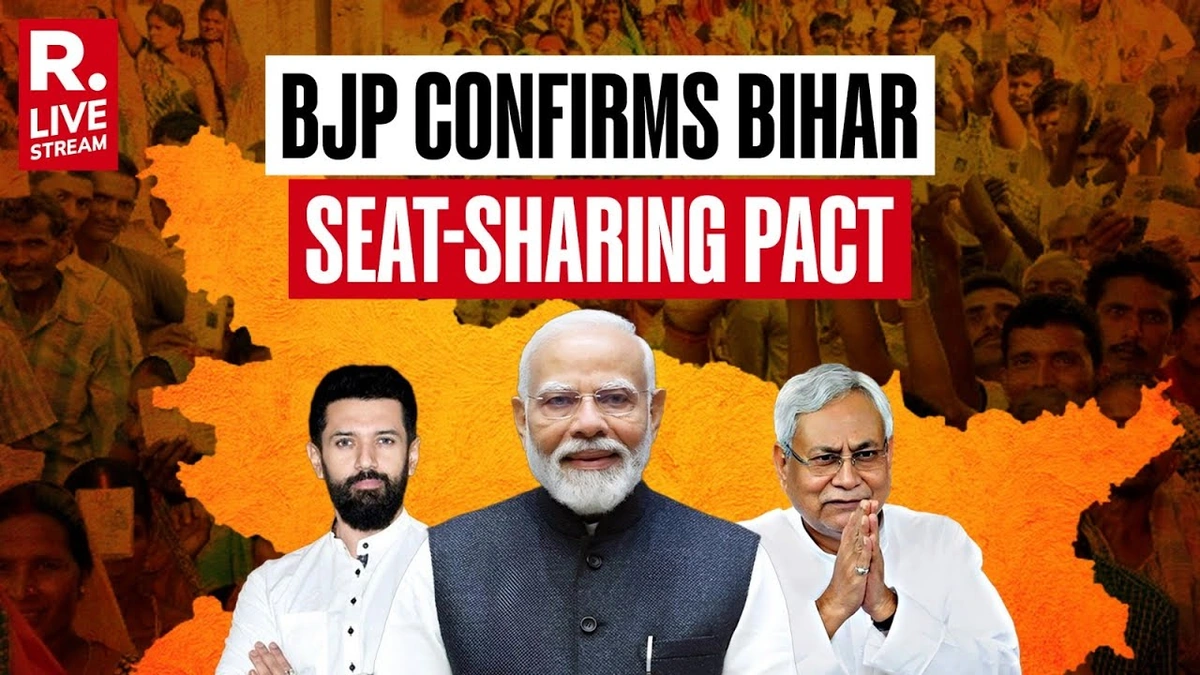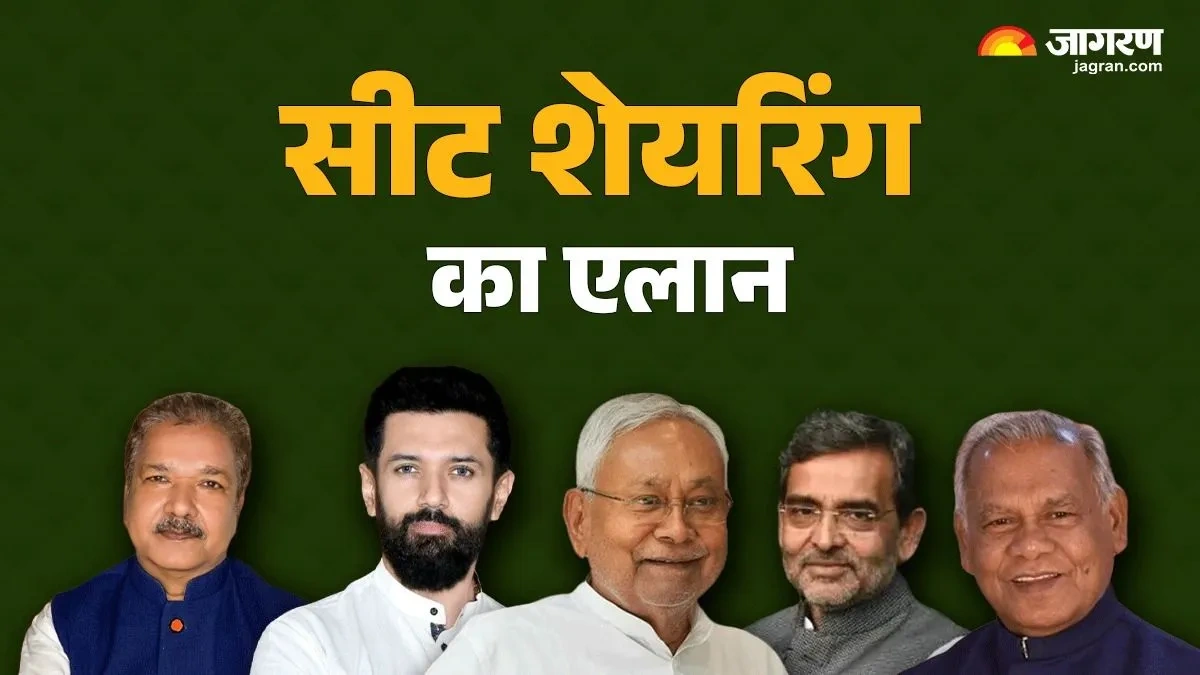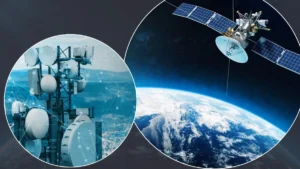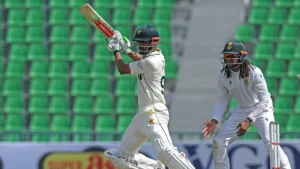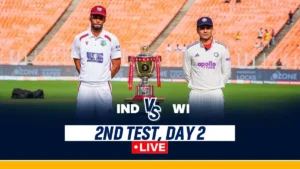The Palestinian State | Why It Matters Now More Than Ever
The idea of a Palestinian state – it’s been a topic swirling around the international arena for decades. But, let’s be honest, it often feels abstract, detached from the everyday realities of life, especially for those of us sitting here in India. Why should we care about the intricacies of Middle East politics ? Here’s the thing: understanding the Palestinian question isn’t just about maps and borders; it’s about global justice, human rights, and ultimately, understanding a crucial piece of our interconnected world.
I initially thought about diving straight into the history – the Balfour Declaration, the UN resolutions – but then I realized that’s exactly the kind of dry, academic approach that makes people tune out. Instead, let’s think about the ‘why’. Why, in 2024, does the question of a two-state solution remain so urgent, so intractable, and so globally relevant?
Why a Palestinian State Matters | Beyond the Headlines
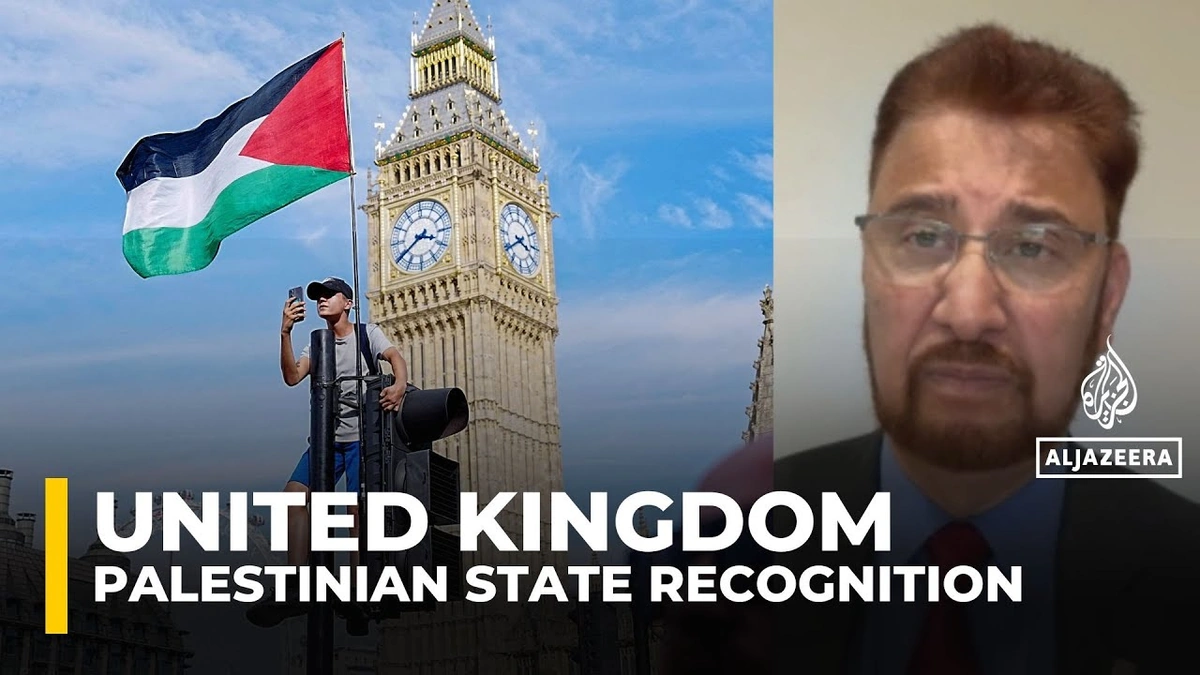
It’s easy to get lost in the endless cycle of news reports – the political maneuvering, the stalled peace talks, the heartbreaking images from Gaza and the West Bank. But beneath the surface, there are fundamental principles at stake that resonate far beyond the borders of Israel and Palestine. As we try to see a different perspective, let’s consider several factors:
The Human Cost: This isn’t just about lines on a map; it’s about the lives of millions of people who have been living in a state of statelessness, displacement, and uncertainty for generations. Imagine not having the basic rights and protections that come with citizenship. The right to self-determination – the ability to govern oneself and shape one’s own destiny – is a fundamental human right, and it’s at the heart of the Palestinian struggle.
Regional Stability: The Israeli-Palestinian conflict is a major source of instability in the Middle East, a region already grappling with numerous challenges. A lasting and just peace – one that includes a viable Palestinian state – is essential for creating a more stable and secure environment for everyone in the region. Think of it like this: a festering wound will continue to cause pain and infection until it’s properly treated. Ignoring the underlying causes of the conflict won’t make it go away.
International Law and Justice: The international community has repeatedly affirmed the right of the Palestinian people to self-determination and statehood. Numerous UN resolutions have called for an end to the Israeli occupation of Palestinian territories and the establishment of a sovereign Palestinian state . Upholding these principles is not just a matter of morality; it’s essential for maintaining the integrity of the international legal system.
The Obstacles | Why is a Two-State Solution So Difficult?
Okay, so we’ve established why a Palestinian state is important. But let’s be real: achieving it is anything but simple. What are the major roadblocks standing in the way? Well, buckle up, because it’s a complex web of interconnected issues.
Israeli Settlements: The continued expansion of Israeli settlements in the West Bank is a major obstacle to peace. These settlements are considered illegal under international law and are seen by Palestinians as a deliberate attempt to undermine their aspirations for statehood. Each new settlement chips away at the land that would form a future Palestinian territory , making a viable two-state solution increasingly difficult.
The Division Between Gaza and the West Bank: The political split between Hamas, which controls Gaza, and the Palestinian Authority, which governs parts of the West Bank, further complicates the situation. Reaching a unified position on negotiations with Israel is a major challenge. Until Palestinian leaders can present a united front, it’s hard to see how meaningful progress can be made. The ongoing political division has severely affected the prospects for peace .
Lack of Trust: Decades of conflict and failed negotiations have eroded trust between Israelis and Palestinians. Both sides harbor deep-seated grievances and suspicions. Building trust requires genuine efforts at reconciliation, mutual recognition, and a willingness to compromise.
India’s Role | A Balancing Act
India’s relationship with both Israel and Palestine is nuanced and evolving. Historically, India has been a strong supporter of the Palestinian cause, a stance rooted in its own experience with colonialism and its commitment to the principles of self-determination. However, in recent years, India has also developed closer ties with Israel, particularly in the areas of defense and technology. This has led to what some analysts call a “de-hyphenation” of India’s policy towards the two sides, meaning that India now treats its relationships with Israel and Palestine as separate and independent.
What fascinates me is how India navigates this complex diplomatic landscape. It’s a balancing act, to be sure. India continues to express its support for a two-state solution and provides development assistance to Palestine. At the same time, it maintains strong economic and strategic ties with Israel. It’s a tightrope walk, and how India continues to manage it will be crucial in shaping its role in the region.
Looking at current trends, many policy analysts believe that India’s position reflects a pragmatic approach to foreign policy, prioritizing its own national interests while also upholding its traditional values. And let’s be honest, it’s a strategy many countries employ in today’s complex world order.
Looking Ahead | What Does the Future Hold for a Palestinian State?
So, where do we go from here? What are the possible scenarios for the future of a Palestinian state ? To be frank, the outlook is uncertain, but there are a few key pathways that could lead to progress. A few such pathways include:
Renewed Negotiations: A resumption of direct negotiations between Israel and the Palestinians, facilitated by international mediators, is essential. These negotiations must address the core issues of borders, settlements, refugees, and Jerusalem. While the road to negotiations is filled with roadblocks, there is no alternative to direct talks between the two sides if peace is to be achieved.
International Pressure: Increased international pressure on Israel to end its occupation of Palestinian territories and abide by international law could create the conditions for progress. This pressure could take the form of sanctions, boycotts, and other measures.
Grassroots Movements: The role of grassroots movements, both Israeli and Palestinian, in promoting peace and reconciliation cannot be overstated. These movements work to build bridges between the two communities, challenge the status quo, and advocate for a just and lasting peace. It is crucial to support the Palestinian cause , despite its seemingly impossible struggles.
Let me rephrase that for clarity: No one can say with certainty what the future holds. But one thing is clear: the question of a Palestinian state will continue to be a central issue in the Middle East and on the global stage. Addressing this issue is not just a matter of political expediency; it’s a moral imperative.
FAQ | Understanding the Palestinian State
What exactly is the “two-state solution”?
It’s a proposal for resolving the Israeli-Palestinian conflict by establishing two independent states: one for Israelis and one for Palestinians, living side-by-side in peace.
Why is Jerusalem such a contentious issue?
Both Israelis and Palestinians claim Jerusalem as their capital. Its status is one of the most sensitive and complex issues in the conflict.
What are the main arguments against a Palestinian state?
Some Israelis fear that a Palestinian state would pose a security threat, while others question the Palestinians’ capacity for self-governance. These concerns are central to the ongoing occupation .
What if I want to learn more about the history of the conflict?
There are numerous resources available, including books, documentaries, and reputable news sources like the BBC and Al Jazeera. Remember to seek a balanced perspective from a variety of sources.
How can I support a peaceful resolution to the conflict?
You can support organizations working for peace and justice in the region, advocate for policies that promote a peaceful resolution , and educate yourself and others about the conflict.
Ultimately, understanding the complexities surrounding the quest for a Palestinian state requires empathy, critical thinking, and a willingness to look beyond the headlines. It’s not just about the Middle East; it’s about our shared humanity and the pursuit of a more just and peaceful world.

